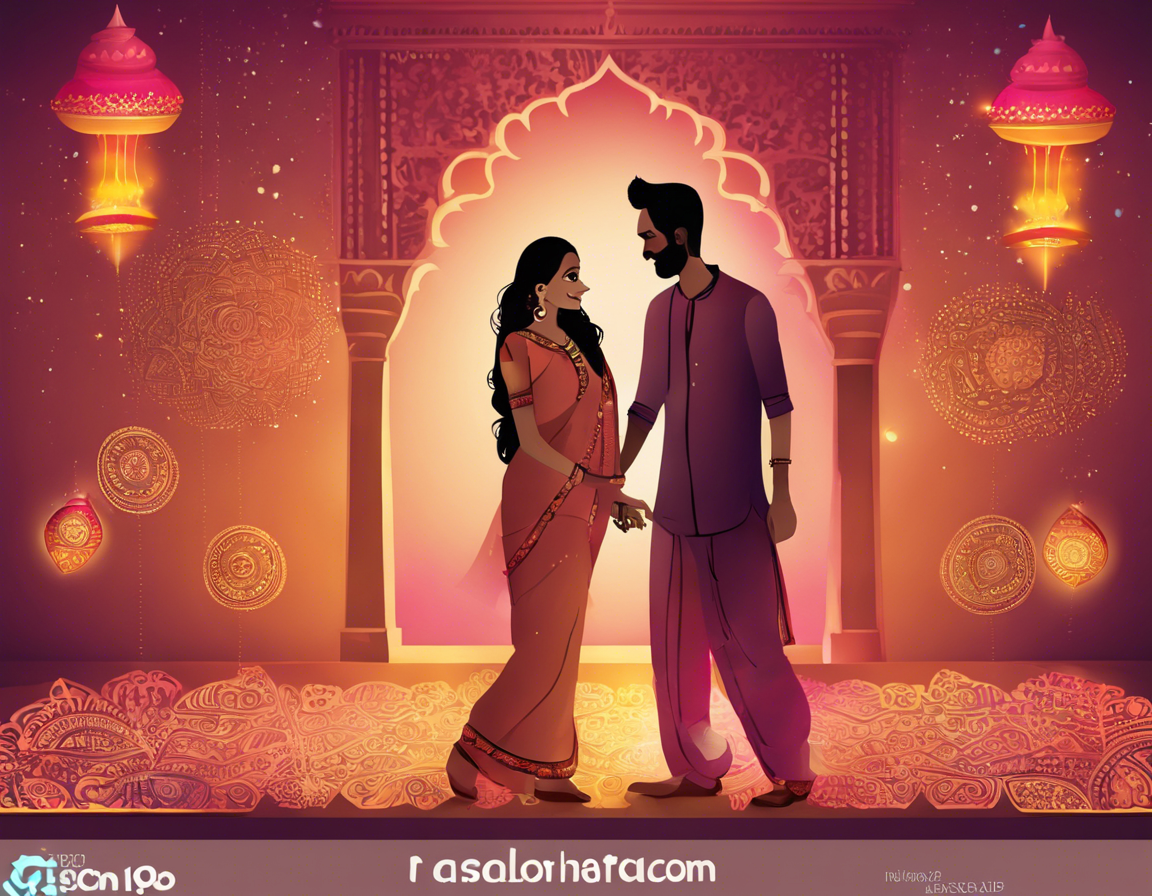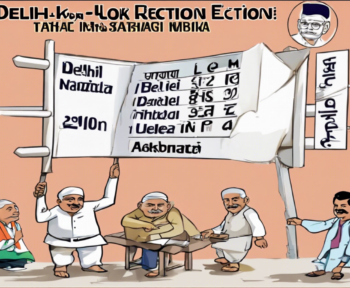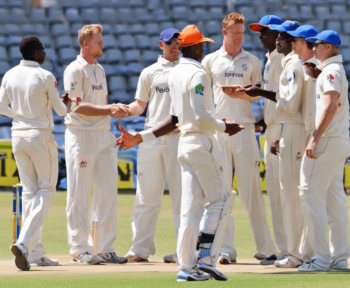Introduction:
Diwali, also known as the Festival of Lights, is one of the most significant festivals in Hinduism celebrated across the Indian subcontinent and in various parts of the world. It symbolizes the victory of light over darkness, good over evil, and knowledge over ignorance. The date of Diwali varies each year as it is determined by the lunar calendar. In 2022, Diwali will be celebrated on Saturday, October 22nd.
The Significance of Diwali:
Diwali holds immense cultural and religious significance in India and among Hindus globally. The festival usually lasts for five days, with each day holding its own importance and rituals. The main day of celebration falls on the third day, which is when most people light lamps and candles, burst fireworks, and exchange gifts with loved ones.
The Rituals and Traditions:
1. Cleaning and Decoration: Before Diwali, people clean their homes and decorate them with colorful rangolis, flowers, and lights to welcome the goddess Lakshmi, the bringer of prosperity and wealth.
2. Puja and Prayers: On the day of Diwali, families gather to perform Lakshmi Puja to seek blessings for wealth and prosperity. It is also a time to offer prayers to Lord Ganesha, the remover of obstacles.
3. Lighting of Lamps: Diyas (oil lamps) and candles are lit to symbolize the triumph of light over darkness and to illuminate one’s life with positivity.
4. Fireworks: Bursting fireworks is a traditional way of celebrating Diwali, believed to drive away evil spirits.
5. Exchanging Gifts: It is customary to exchange gifts and sweets with friends and family as a gesture of love and goodwill.
Celebrations Across India:
Different regions in India have their unique way of celebrating Diwali. For example:
– In North India, the festival marks the return of Lord Rama to Ayodhya after defeating Ravana. People light diyas to guide him on his way.
– In Bengal, it is associated with the worship of Goddess Kali, where devotees offer prayers seeking her blessings.
– In Maharashtra, Diwali coincides with the New Year according to the traditional Hindu calendar, and it is a time to clean and decorate homes.
Eco-Friendly Diwali:
In recent years, there has been a growing awareness about the environmental impact of traditional Diwali practices such as bursting firecrackers. To promote eco-friendly celebrations, many people now opt for diyas over fireworks, use sustainable decorations, and gift plants instead of material items.
FAQs (Frequently Asked Questions):
-
What is the meaning of Diwali?
Diwali, also known as Deepavali, signifies the victory of light over darkness and good over evil. -
Why is Diwali celebrated?
Diwali is celebrated to honor the return of Lord Rama to Ayodhya after 14 years of exile and his victory over the demon king Ravana. -
How long does Diwali last?
Diwali is a five-day festival, with the main day of celebrations falling on the third day. -
What do people eat during Diwali?
People prepare a variety of sweets and savories during Diwali, including laddoos, jalebis, kheer, and samosas. -
Is Diwali only celebrated by Hindus?
While Diwali is primarily a Hindu festival, it is also celebrated by Sikhs, Jains, and Buddhists for various reasons and traditions.
Conclusion:
Diwali is a festival that brings together families and communities to celebrate light, love, and new beginnings. As the Festival of Lights approaches, it is essential to immerse oneself in its cultural and spiritual significance while also being mindful of the environment and practicing sustainable celebrations. Let this Diwali illuminate your life with joy, prosperity, and harmony.



